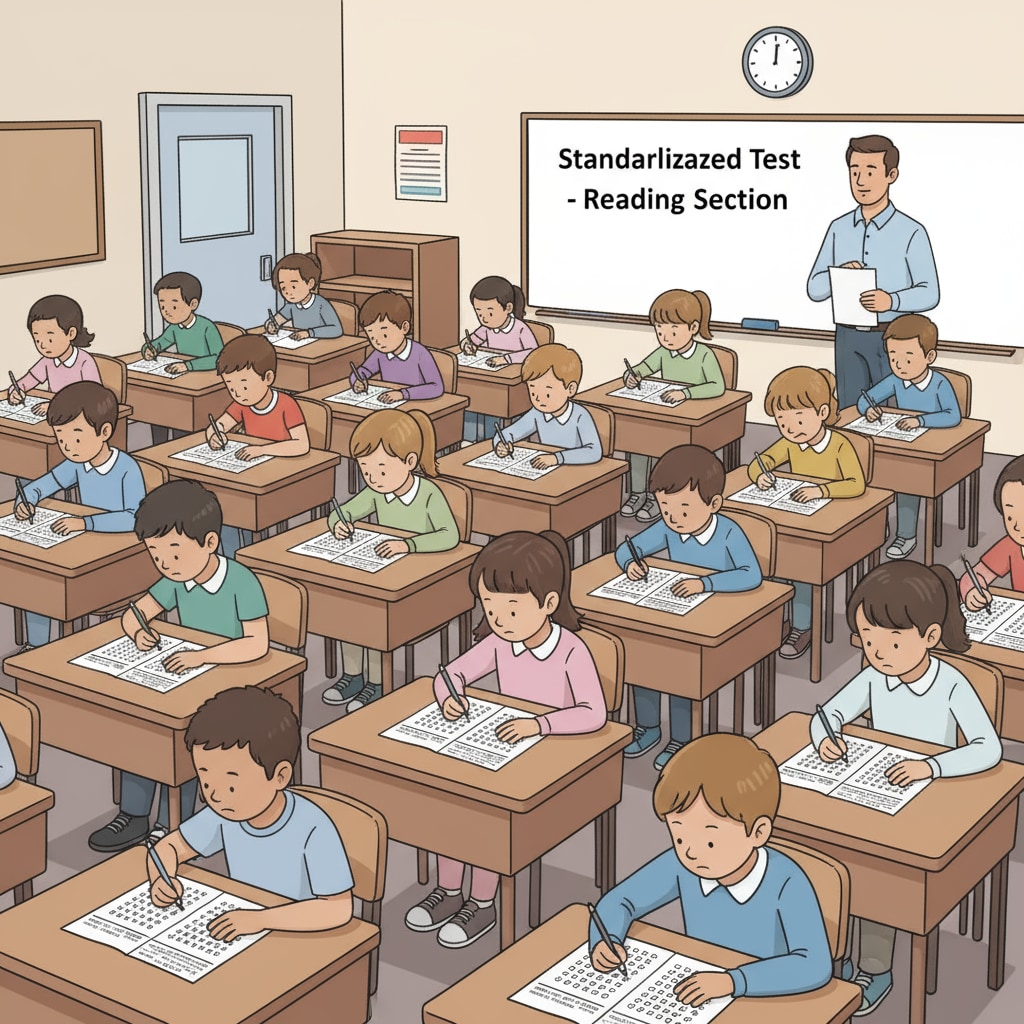Standardized tests, memory, and critical thinking have long been topics of intense discussion in the realm of education. For years, standardized tests have been hailed as a reliable means of gauging students’ learning ability. However, a closer examination reveals significant flaws in this assumption.

The Overemphasis on Memory
Standardized tests often place a heavy emphasis on memory. These tests typically consist of multiple-choice, fill-in-the-blank, or short-answer questions that require students to regurgitate facts and information they have memorized. According to Wikipedia’s entry on standardized tests, this format rewards rote memorization rather than deeper understanding. For example, a history test might ask students to recall specific dates or names, rather than analyzing historical events and their implications.

The Neglect of Critical Thinking
Critical thinking, on the other hand, is sorely neglected in standardized testing. Critical thinking involves the ability to analyze, evaluate, and synthesize information, as defined by Britannica’s definition of critical thinking. Yet, standardized tests rarely provide opportunities for students to demonstrate these skills. Most questions have predefined answers, leaving little room for students to express their own thoughts and perspectives.
As a result, students may become adept at memorizing facts for the test but lack the ability to think critically and solve real-world problems. This is a major concern as critical thinking is essential for success in many aspects of life, including higher education, the workplace, and personal decision-making.
Readability guidance: We’ve used short paragraphs to make the content more digestible. Each H2 section has a clear focus, and we’ve incorporated external links to reliable sources. Transition words like “however”, “for example”, and “as a result” have been used to enhance the flow of the article.


